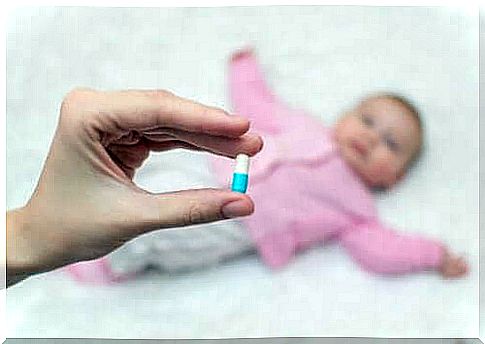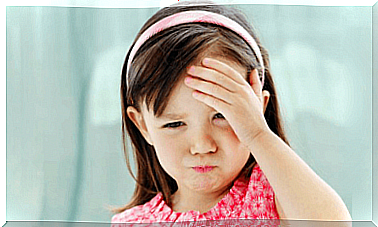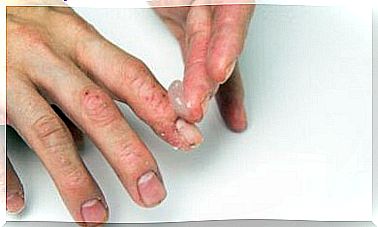Are Antibiotics Effective Against Viruses? – Being Parents

Most of us, worried about the health of our children, go to the pediatrician several times a year for throat infections. Usually, we wait for him to prescribe antibiotics to speed up our child’s recovery. And we are disappointed to see that the only thing we get is some medical indications. Could this be because antibiotics are not effective against viruses?
What are antibiotics?
Antibiotics began to be prescribed in the early 1940s to fight bacterial infections. Normally, they work by killing bacteria or preventing their reproduction. It also helps our immune system to fight disease better. Antibiotics are therefore a strengthening tool in cases where the body’s natural defenses are insufficient.
It was in 1928 that Alexander Fleming discovered antibiotics, by pure chance. Indeed, he observed the effects of a substance produced by the fungus Penicillium notatum , penicillin. His lab was almost always messy, and when he started throwing in a few bacterial cultures, he observed that a fungus had grown there which had eliminated the bacteria.
What are Viruses and Bacteria?
To understand how antibiotics work and test their effectiveness against viruses, it is necessary to know the microorganisms they attack. Viruses or bacteria?

Bacteria are unicellular, microscropic, nucleusless prokaryotic microorganisms. Generally, they are classified according to their form: coccobacilli, bacilli, vibrios and spirals. Among them, we find some beneficial for humans, such as the genus Lactobacilus , and others extremely pathogenic, such as the genus Mycobacterium tuberculosis .
For their part, viruses are infectious agents that need another living being to be able to reproduce, which is why we cannot consider them as living beings in their own right. It is precisely this characteristic of non-cellular beings that makes them immune to antibiotics.
Obviously, both organisms produce infections, but they are two very different types of microorganisms. Thanks to their structural differences, antibiotics are effective against bacteria and not against viruses.
Antibiotics are ineffective against viruses
Most childhood infections are viral, so the symptoms of the disease can only be slowed down and not treated with antibiotics. Viruses tend to produce illnesses that are generally milder than bacteria, such as colds, measles, bronchitis, chickenpox, and most tonsillitis and gastroenteritis.
On the other hand, bacteria are the causes of much more serious infectious diseases like rubella, pneumonia or ear infections. However, there is a small group of diseases that can have both viral and bacterial origins: angina, conjunctivitis and meningitis.
To identify the origin of the infection, the pediatrician may do a pre-test in consultation, and if he is not sure, he may ask the laboratory to do a culture to confirm the diagnosis and see if it is appropriate. to prescribe antibiotics.
The dangers of overuse of antibiotics
The KidsHealth organization tells us that taking antibiotics to treat viral infections is unnecessary. In addition, it can produce various side effects such as resistance to possible bacterial infections in the future.

Continued administration of antibiotics causes changes in bacterial genetic material and other pathogenic microorganisms. As a result, these pathogens develop resistance to conventional mediation by immunizing them. This is referred to as bacterial resistance or resistance to antibiotics .
Currently, this resistance has spread widely and the medical community qualifies these microorganisms as super bacteria. In fact, the use of very powerful and dangerous antibiotics, in some cases with severe side effects, is necessary. An example are infections caused by pneumococci (pneumonia), meningococci (meningitis) or hospital bacteria.
Do not forget…
Antibiotics are not effective against viruses since they are non-cellular in form. They only fight bacteria and other pathogenic microorganisms. The fact of abusing it then creates super-resistant bacteria and, moreover, can kill those which are beneficial for our organism.
The World Health Organization (WHO) has cataloged antibiotic resistance as a public health problem that requires urgent action. This is why, in 2015, the World Health Assembly approved an action plan that involves:
- Raise awareness and make the population aware of their abusive use
- Strengthen studies and vigilance
- Reduce the incidence of infections
- Optimizing the use of antimicrobial drugs









